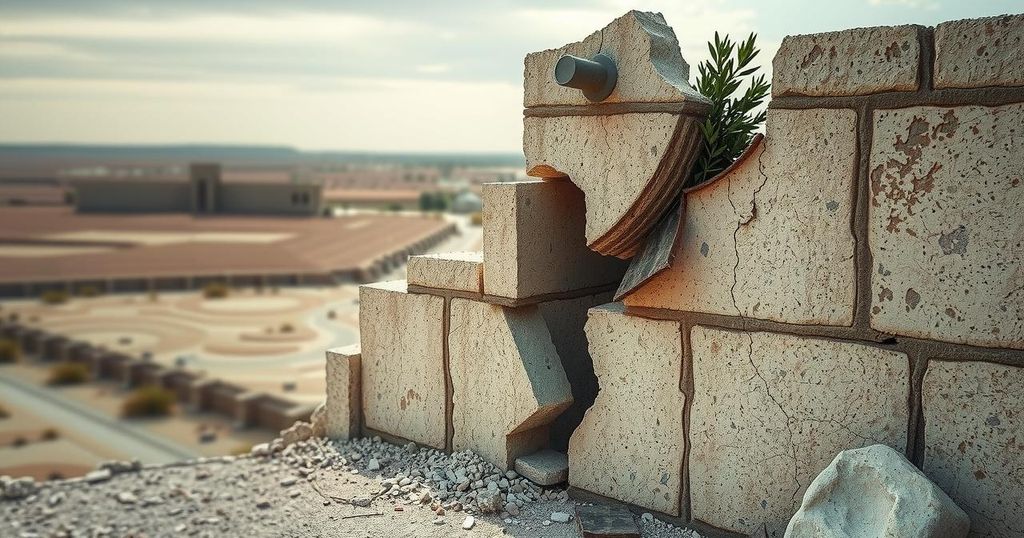Bashar al-Assad’s regime in Syria collapsed after nearly 14 years of civil war marked by widespread violence, international intervention, and shifting alliances. What began as public protests in 2011 escalated into a multifaceted conflict involving various factions and external powers. By 2024, opposition forces successfully captured key cities, leading to Assad’s ousting from power and a significant restructuring of Syria’s political landscape.
The fall of Bashar al-Assad’s regime in Syria, ending a nearly 14-year civil war, marked a significant shift shaped by widespread dissent and international involvement. From the initial protests in 2011 met with severe governmental repression to a tumultuous armed conflict that drew in various foreign powers, the Syrian struggle evolved dramatically over the years. As rebel factions gained strength, the conflict intensified, leading to significant territorial shifts and eventual military collapses for Assad’s forces. Political negotiations and shifts in allegiances played vital roles in altering the course of this devastating conflict, culminating in the opposition’s control over major urban areas by late 2024.
The Syrian civil war began in 2011 as a protest movement against President Bashar al-Assad’s regime, fueled by broader demands for democracy and reform. The government’s violent crackdown on dissent prompted many ordinary citizens to join armed rebel groups, leading to a protracted civil war characterized by extreme violence, sectarian divisions, and significant external interventions. Throughout the conflict, various factions emerged, including Islamist groups and Kurdish forces, altering the landscape of power and influence in Syria. The war has resulted in numerous casualties, extensive displacement, and a humanitarian crisis involving millions of civilians.
In conclusion, the tumultuous journey from Bashar al-Assad’s initial crackdown on protests in 2011 to the eventual collapse of his regime in 2024 reflects the profound complexities and brutal realities of the Syrian civil war. The interplay of local dissent, international involvement, and shifting alliances reshaped not only the conflict but also the future of Syria. A decade of war has left the nation deeply scarred, with lasting implications for its society and governance.
Original Source: projects.voanews.com






